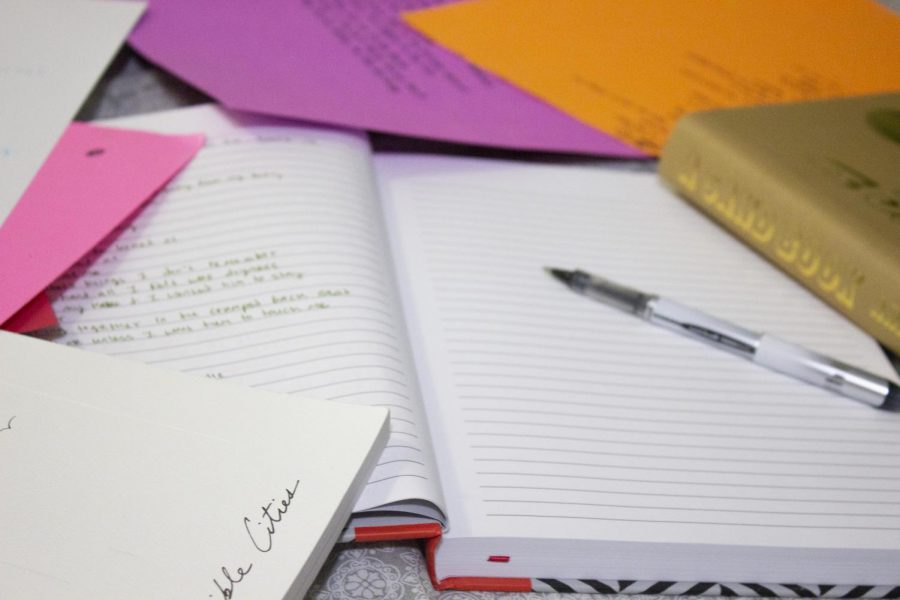How To Be A Poet
So, you want to be a poet? No? Well, too bad.
Name it and Claim it
So, you want to be a poet? No? Well, too bad.
The most important part about being a poet is claiming that you are one. Much like people who went to Yale and those who are freshly not virgins, you must constantly tell everyone about it or it does not count.
What it Takes
Emotional sensitivity is a requirement. To effectively write poems, you need to understand the difference between happy-sad and happy-angry-sad. While struggling with a mental illness is not a requirement, it is highly recommended.
Poems, even highly polished and formal ones, should feel as sharp, painful and raw as crawling up a slope of broken glass on hands and knees.
Recommendations
The sense that you are isolated from the rest of society is recommended. The more subsconscious this insecurity, the better. You must have a deep, nearly-obsessive need to be understood by others to be desperate enough to write poetry.
Popular avenues for this insecurity are catastrophic childhood traumas, being assigned the wrong gender at birth, growing up in a fudamentalist household, not being able-bodied, not being the “correct” color, not being the “correct” size, not speaking the “correct” way and/or being a member of the LGBT+.
Being more than one of these greatly increases the risk of becoming a poet.
Whimsy and Fantasy
Another requirement is the tendency to escape the unending torments of life through distraction and fantasy.
These escapisms can be but are not limited too; listening to music in the dark, reading books in the corner, staring too long at pretty flowers and dancing wildly while no one is watching.
Magic
The last thing that you need to be a poet is words. Poets need as many words as they can get their greedy little hands on. The more words they have, the more powerful they are.
Let’s do it
Now that we have the basics down, let’s write a poem!
First things first, forget everything you have ever heard about poetry. Don’t think about rhyme schemes or stanzas or complex themes.
Write down the first word you think of. It does not matter how silly, cliche, or explicit. Just write it down.
Now stop and think about that word. Each and every one of our words is gigantic. If we could land on the surface of one, we would not even be able to see its curvature.
Each word is a sun in a solar system of meaning. Think about all the different meanings of the word you have chosen—think of all the connections—think of all the images, sensations, memories, movies, music, books, foods and dances that are connected to that single word.
Now put down another word. Now you have narrowed down the meanings.
Writing poetry is a lot like subtractive sculpting. You start with a big mass of something, and then you narrow it down. You carve out meaning.
String enough words together and you get a line. String enough lines together and then you get a stanza. Place enough stanzas on top of each other and then you get a poem.
Congratulations
Now keep doing that. Congrats! You are a poet!

Chris Kalil is a senior here at Delta State University. He is on course to graduate with a bachelor’s degree in creative writing in May, 2020. As of...



